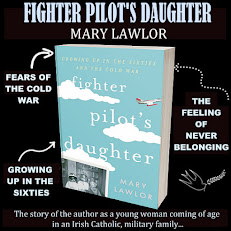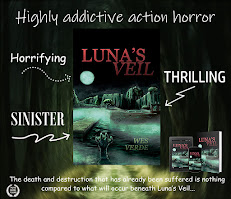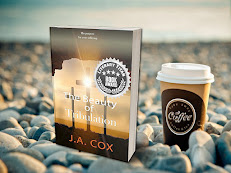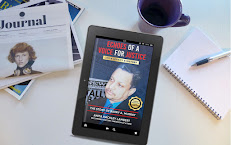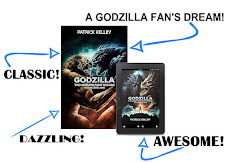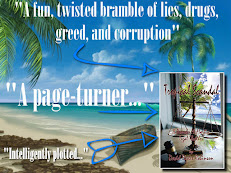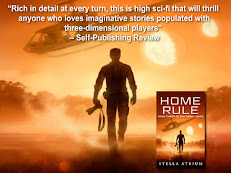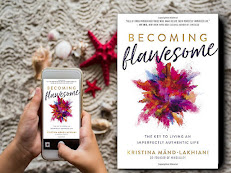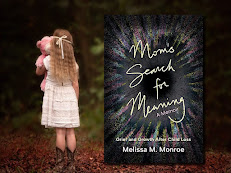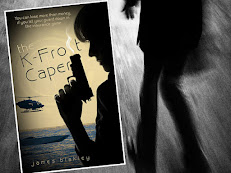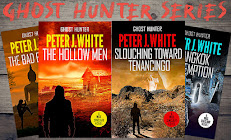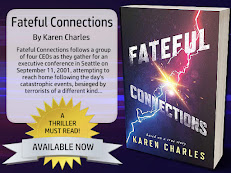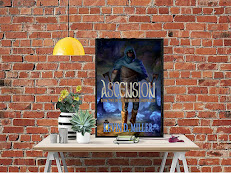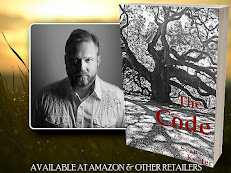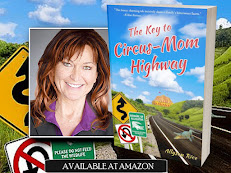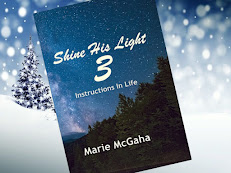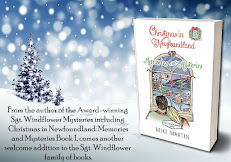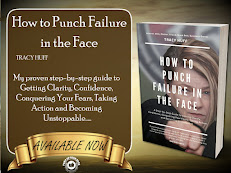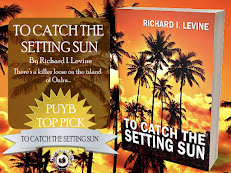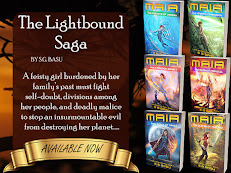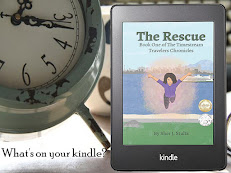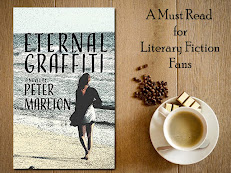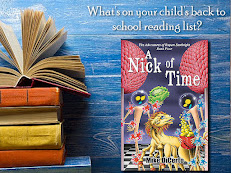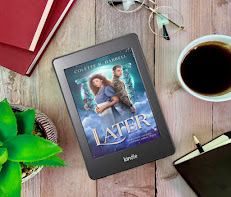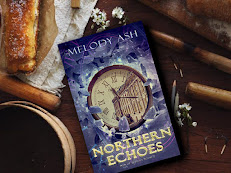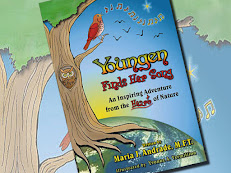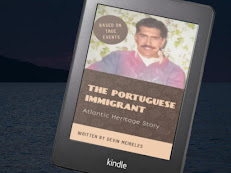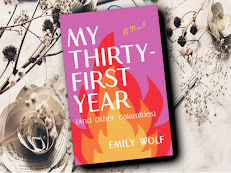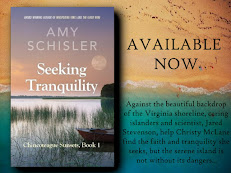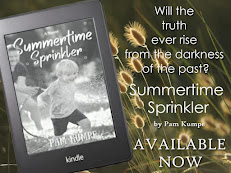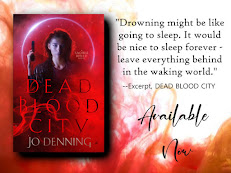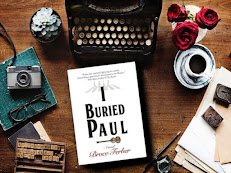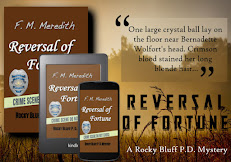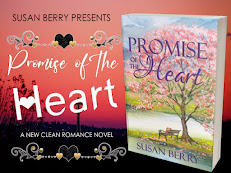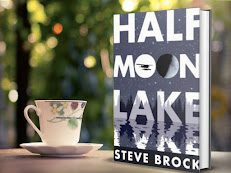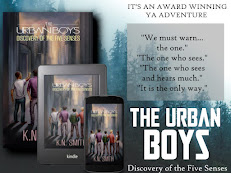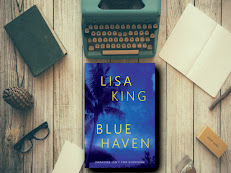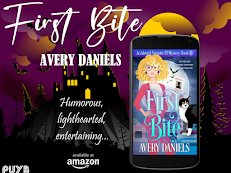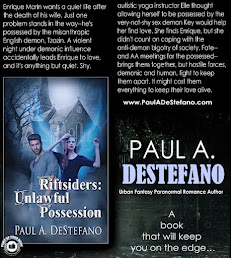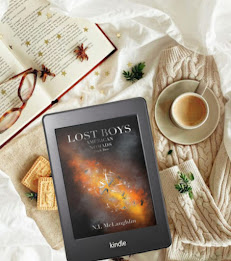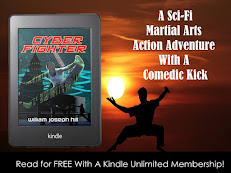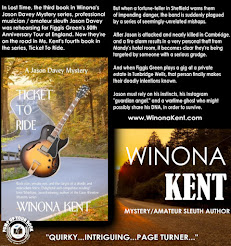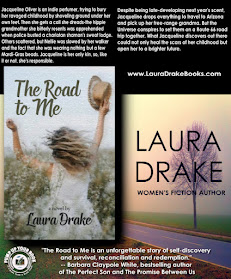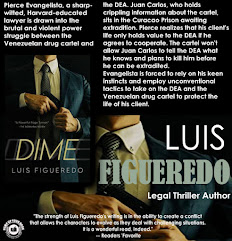📚 10 Things You Might Not Know About NightBorn by Theresa Cheung #10things
Theresa Cheung is an internationally bestselling author and public speaker. She has been writing about spirituality, dreams and the paranormal for the past 25 years, and was listed by Watkins Mind Body and Spirit magazine as one of the 100 most spiritually influential living people in 2023. She has a degree in Theology and English from Kings College, Cambridge University, frequently collaborating with leading scientists and neuroscientists researching consciousness.
Theresa is regularly featured in national newspapers and magazines, and she is a frequent radio, podcast and television guest and ITV: This Morning’s regular dream decoding expert. She hosts her own popular spiritual podcast called White Shores and weekly live UK Health Radio Show: The Healing Power of Your Dreams.
Her latest book is the paranormal thriller, NightBorn, available at Amazon US and Amazon UK.
You can visit her website at www.theresacheung.com or connect with her on X, Facebook, Instagram or Goodreads.

10 Things You Might Not Know About NightBorn
Writing NightBorn has been one of the most transformative and daring experiences of my career. Many readers know me for my dream dictionaries and spiritual nonfiction, but stepping into fiction opened up an entirely different world - one full of surprises, detours, and hidden meanings.
Here are 10 things you might not know about the book, the journey, and the secret layers woven into NightBorn:
1. The idea came from a single question my daughter inspired and a real life dream hacking campaign.
My daughter devours dark, gothic fantasies but refuses to read my nonfiction. One day I wondered: What if I taught dream decoding through a story she’d actually want to read? That question unlocked the entire novel. I'd also long been fascinated by a 2006 marketing hoax called thisman.org where a sketch of a man was posted online with the question have you dreamed of this man and thousands of people said they had.
2. Every major character is rooted in Jungian psychology.
Alice Sinclair and the other key characters are intentionally shaped around Jungian archetypes. Their choices and conflicts mirror the symbolic themes I’ve studied for decades even if readers don’t immediately notice.
3. The book doubles as a “hidden” dream manual.
Beneath the thriller plot, the conversations and dream scenes contain real dreamwork techniques. If readers follow the symbols closely, they’ll find authentic guidance on interpreting their own dreams.
4. The tagline“Some dreams must be set free. Nightmares, after all are dreams too”—came to me in a dream.
I woke one morning with those words in my mind, and they became the soul of the story. It captured both the emotional arc of Alice and the message I wanted to share about the subconscious.
5. The cover was designed by my son-in-law.
We had no budget for a designer, so he offered to try. What he created is striking, eerie, and unforgettable. Readers often tell me it triggers dream recall which delights me to no end.
6. My traditional publishers didn’t want me writing fiction.
After decades of nonfiction success, they were hesitant about me stepping outside the genre they associated me with. Their gentle “no” became the push I needed to take an indie route and trust my creative instincts.
7. The book took nearly five years to complete.
I wrote NightBorn in the spaces between my nonfiction deadlines. There were rewrites, pauses, self-doubt, and moments I wondered if it would ever be finished. But the story simply refused to be abandoned. It quite literally haunted me and often felt like it was a message from the future.
8. Alice Sinclair’s academic background mirrors a path I almost took.
I considered becoming a university academic before choosing writing full-time. Exploring that path through Alice let me revisit a version of myself who took a different route in life.
9. Early readers reported remembering their dreams more vividly.
This was the most magical surprise of all. Many readers and reviewers said the book triggered detailed dream recall for the first time in years. For someone who has devoted her life to dreamwork, that feedback was a dream come true, if you forgive the pun but dreams love to pun.
10. NightBorn is only the beginning.
This novel opened a creative door I never intend to close. I’m already exploring ideas that go even further into consciousness, symbolism, and the shadowy spaces between waking and dreaming.
Writing NightBorn was my leap of faith - a novel born out of passion, intuition, and a lifelong love of the dreaming mind. I hope you enjoy discovering its layers as much as I loved weaving them. Wishing you wild and wonderful dreams.
Title: NightBorn
Author: Theresa Cheung
Publisher: Collective Ink
Publication Date: October 7, 2025
Pages: 220
Genre: Paranormal Thriller
Formats: Paperback, Kindle
What if the line between your waking life and your darkest dreams disappeared forever?
Alice Sinclair, a driven psychology professor, is about to find out. When thousands of people begin experiencing terrifying, vivid nightmares … all centered around her, Alice’s quiet academic life is shattered. Haunted by the question of why she’s become the subject of these shared dreams, Alice embarks on a desperate search for answers, uncovering a chilling secret: someone – or something – hungry for global power has discovered a way to manipulate consciousness itself. The world is fast becoming a playground for those in control of the dreaming mind. In a heart-stopping race against time, Alice must navigate a treacherous web of deception, where nothing – and no one – can be trusted, not even herself.
Read a sample.































